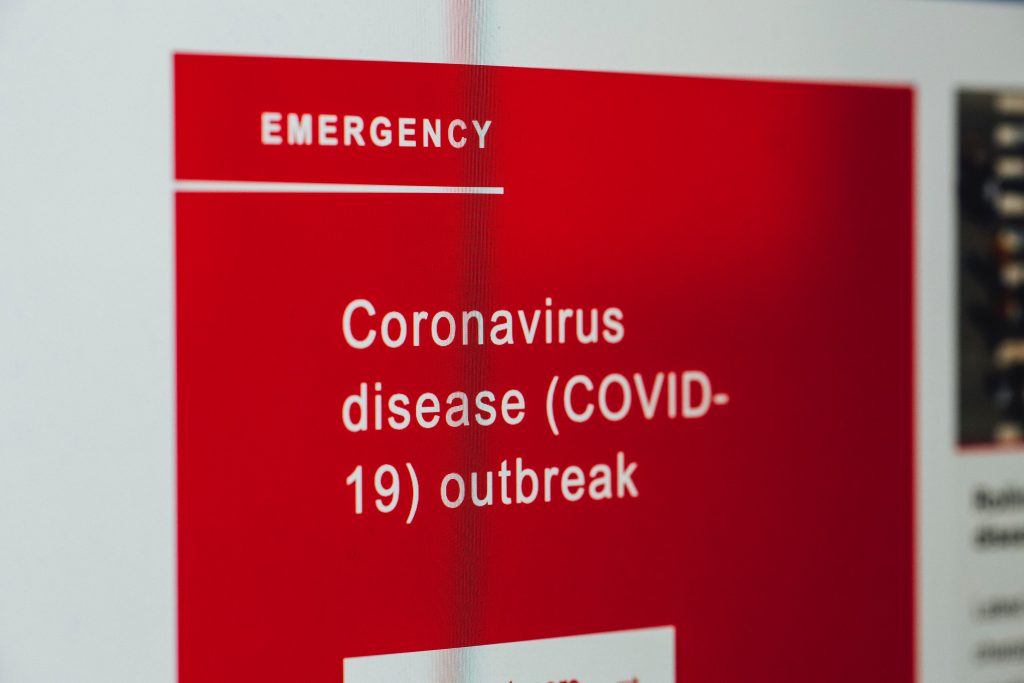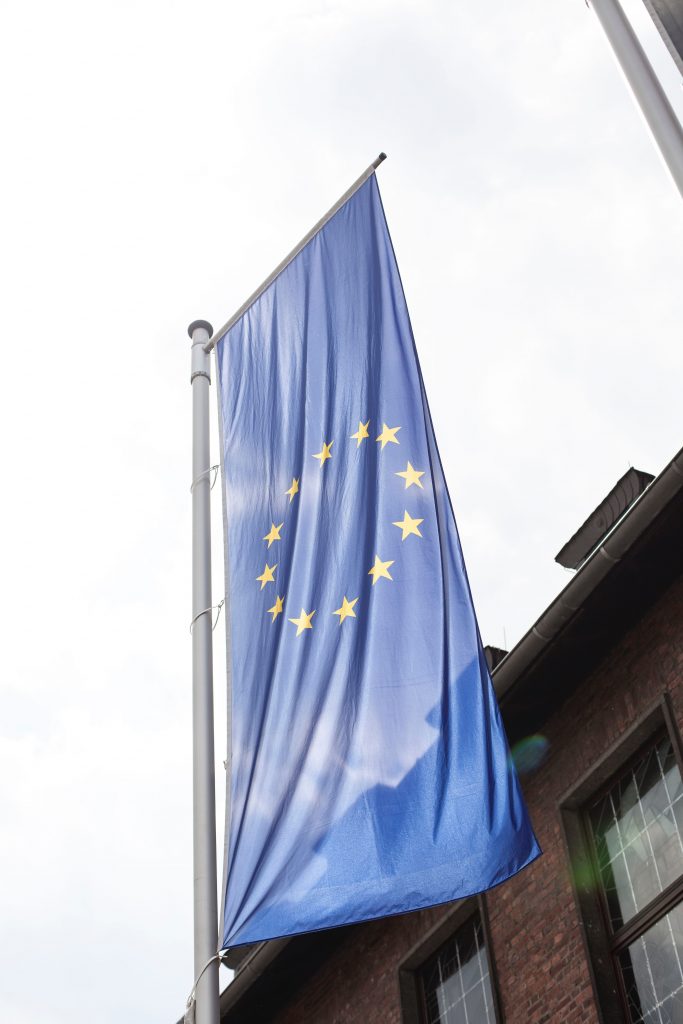‘Green Lights Program,’ established in 1996, was to promote energy efficiency in lighting due to expected increased demand for the electricity system in China and resulted in environmental and economic benefits. The program’s success can be attributed to five key factors discussed in this paper.
Public / policy - National
Covid-19 has particularly impacted mobility due to a fall in transport activities. If this fall is to continue is uncertain and what the implications on policy are. However, post-COVID recovery offers a critical policy window for managing adverse effects on energy demand. Strengthening and countering policies for impacts from COVID-19 are discussed and what impact this has on mobility and homes.
Pandemics have led to an increase in inequality. After COVID-19, an additional 75 million of poor is estimated at the global level in 2020. Current policies to address inequality are inadequate; policymakers should aim to mitigate climate change and recovery from the COVID-19 crisis while protecting the most vulnerable.
COVID-19 economic recovery could slow down global warming by up to half if we make the right choices, and by taking action that tackles both crises, we can ensure that a more resilient world emerges on the other side. Doing so means cutting emissions hard and fast, investing in green technologies and industries, and refusing to bail out fossil fuel companies. High-level action would get us on track for net-zero CO2 emissions by mid-century and give us a good chance of keeping temperature rise below 1.5°C.
COVID-19 pandemic has led to the worst economic downturn of the last decades mainly due to measures to stop the spread of the virus. This has led to reduction in demand and production capacity. Governments worldwide adopt packages as a response to the COVID-19 crisis, with $3.5 trillion dedicated to climate protections in the agriculture, industry, energy, and transport sectors. By adapting packages that are green, boosts economic growth worldwide triggered by increased low-carbon investment.
The European Union aims for 2030 to reduce greenhouse gas emissions by 40% compared to 1990 levels. Furthermore, the long-term vision is to become climate-neutral by 2050; this means transforming the current energy system. Compiled from MUSTEC’s research activities, key drivers and policy decisions are identified and explained for effective CSP deployment in Europe in the coming years up to 2050.
EU- funded DEEDS project gives recommendations on Research and Innovation (R&I) aimed at decarbonisation of the EU economy and society and are relevant to the EU Green Deal.
Key in the process for low-carbon transition is a transformation in all sectors and regions and the incorporation of new technologies and practices. Research and Innovation (R&I) is key in the development and successful uptake of clean technologies and focuses on three key non-mature technologies, CCS, advanced biofuels, and batteries for electric vehicles, as well as on energy efficiency measures explained in the report.
The transition to low carbon practices requires incorporating new technologies and practices, with Research and Innovation (R&I) being key in developing. Optimal R&I strategies increase the feasibility of ambitious climate stabilization targets by lowering carbon prices and mitigating costs.
Economic growth has been a priority for the European Union (EU) since its creation. The Paris Agreement targets will not be reached by technological and policy measures alone, businesses need to contribute and commit to the decarbonisation journey. The Business Guide calls to policymakers and businesses to move decarbonisation strategies from words to reality.










